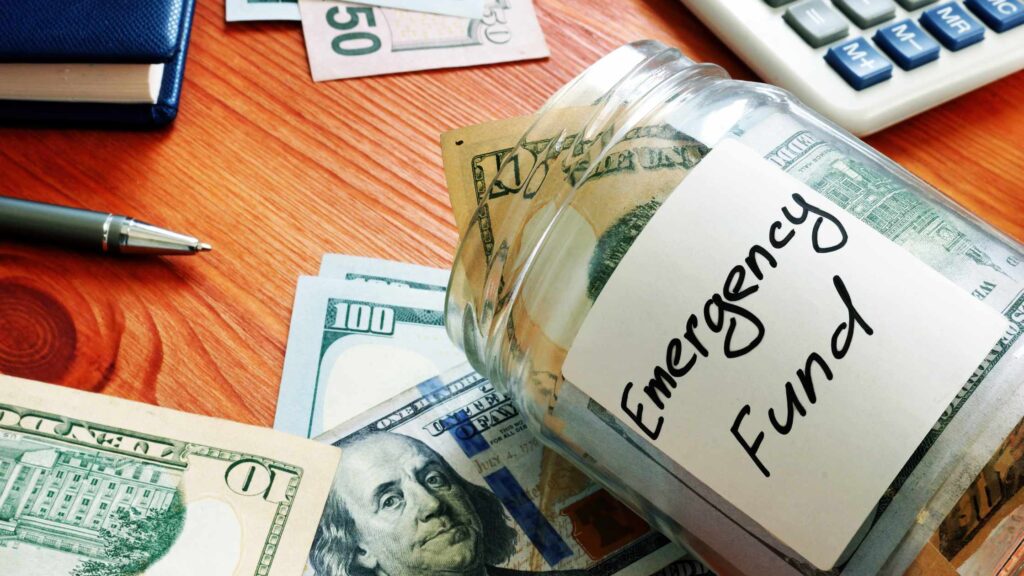Introduction
Retirement is a phase in life that many look forward to. It’s a time to relax, pursue hobbies, travel, and spend quality time with loved ones. However, amidst the excitement, it’s important to plan for the unexpected. Building an emergency fund in retirement can provide a safety net, ensuring financial security during unforeseen circumstances. In this article, we will explore why an emergency fund is vital and how you can go about building one.
Understanding the Need for an Emergency Fund
Life is full of surprises, and some of them can be costly. Medical emergencies, home repairs, car accidents, and other unexpected events can significantly impact your finances. During retirement, when you no longer have a steady income from employment, such unforeseen expenses can be even more challenging to handle. This is where an emergency fund becomes crucial.
The Benefits of an Emergency Fund in Retirement
- Financial Security: An emergency fund provides a sense of security, knowing that you have money set aside to deal with unexpected expenses. It allows you to navigate through challenging times without depleting your retirement savings or resorting to debt.
- Peace of Mind: Being prepared for unforeseen events brings peace of mind. Retirement is meant to be enjoyed, and having an emergency fund ensures that unexpected costs won’t overshadow this phase of life.
- Flexibility: An emergency fund gives you the flexibility to handle various situations without relying on others for financial assistance. It offers you independence and control over your money.
How to Build an Emergency Fund
- Set Clear Goals: Determine how much money you need to save in your emergency fund. Consider your lifestyle, monthly expenses, and potential unforeseen events. Aim for at least three to six months’ worth of living expenses.
- Budgeting: Review your current expenses and identify areas where you can cut back. Allocate a portion of your monthly income specifically for your emergency fund.
- Automate Savings: Consider setting up automatic transfers from your main retirement account or bank account to your emergency fund. This ensures consistency and prevents the temptation to spend the allocated money elsewhere.
- Find Additional Sources of Income: Explore opportunities to generate extra income during retirement. This could include part-time work, freelancing, or utilizing your skills to offer services. Direct the additional income towards your emergency fund.
- Minimize Debt: Prioritize paying off any outstanding high-interest debt. This frees up more funds to allocate towards your emergency savings.
- Make Wise Investments: If you have surplus funds after building your emergency fund, consider making low-risk investments that provide steady income. However, always consult with a financial advisor before making any investment decisions.
- Adapt and Adjust: As life changes, it’s important to reassess and adjust your emergency fund. Consider additional expenses that may arise due to health issues, aging, or changes in your living situation.
Tips to Maintain Your Emergency Fund
- Avoid Temptations: Keep your emergency fund separate from your day-to-day accounts. This reduces the likelihood of dipping into it for non-emergency expenses.
- Replenish Promptly: When you utilize funds from your emergency fund, make it a priority to replenish it as soon as possible. Resume regular contributions to ensure it remains robust.
- Review Regularly: Periodically assess the adequacy of your emergency fund. As your expenses and lifestyle change, your fund may need to be adjusted to align with your current situation.
- Stay Informed: Keep track of economic trends, tax regulations, and retirement-related news to ensure your emergency fund strategy remains aligned with any relevant changes.
Conclusion
Planning for unexpected events in retirement is essential for financial security and peace of mind. Building an emergency fund serves as a safety net, safeguarding your retirement savings from unforeseen expenses. By setting clear goals, budgeting wisely, and making smart financial choices, you can protect yourself from financial setbacks and enjoy your retirement to the fullest. Remember to review and adjust your emergency fund as needed to stay prepared for whatever life may bring.







